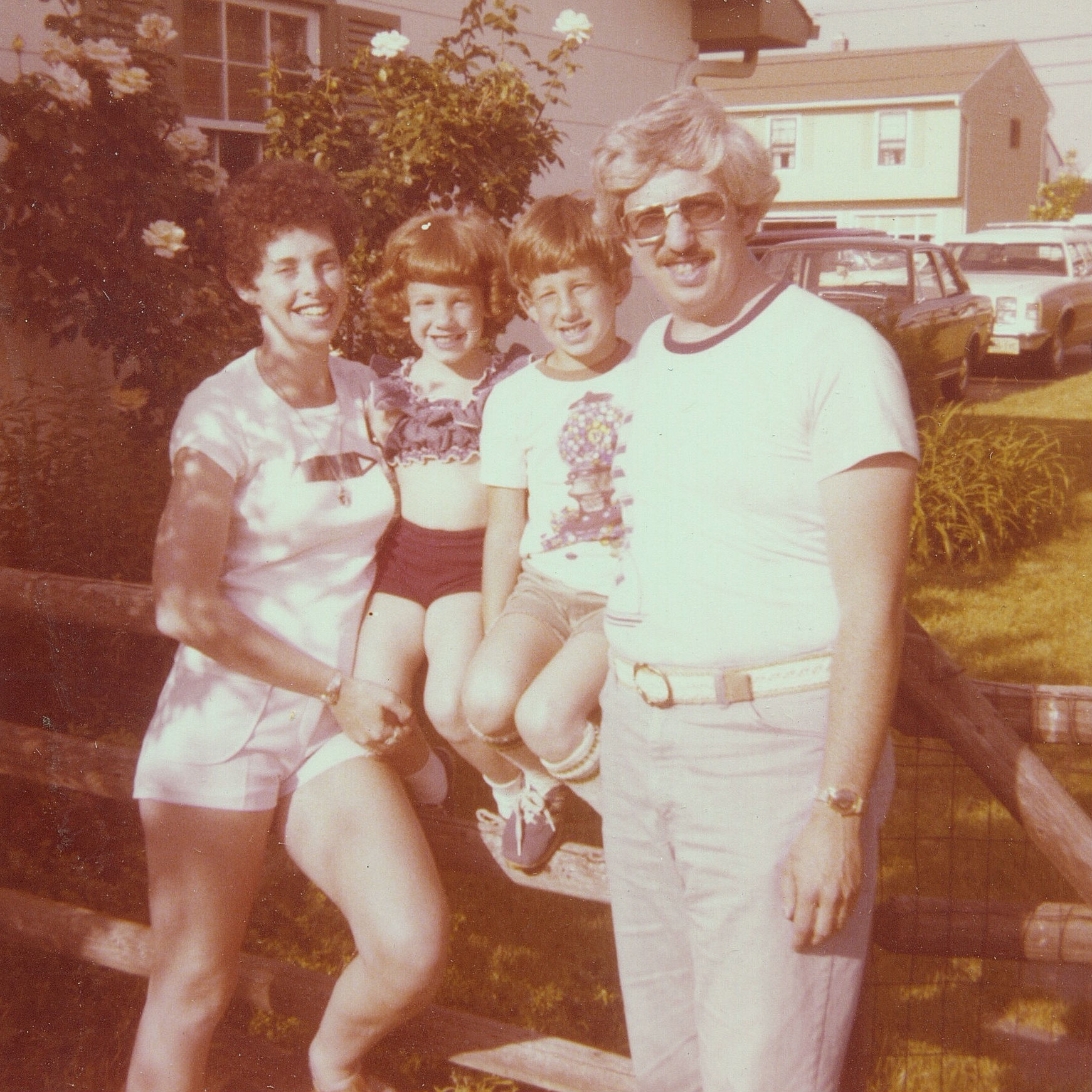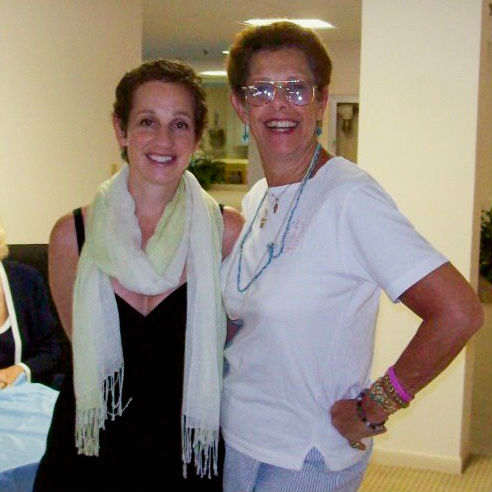My mom was first diagnosed with breast cancer in 1989, when breast cancer was still whispered about and long before Angelina Jolie put genetic testing on the Hollywood map. My mom complied with the treatment recommended for her at the time, which included a lumpectomy, chemotherapy and radiation. Eighteen years later, in 2007, I was 34 years old and at my annual appointment with the gynecologist, when I received information about genetic testing. My doctor felt I might be a candidate for genetic testing, given my Ashkenazi Jewish background (BRCA1/2 mutations are more common in people with this background) and my mother’s history of relatively early-onset breast cancer. She suggested I share the information with my parents and ask my mom to consider genetic testing to determine if she was a carrier, which could have ultimately impacted my decision-making about genetic testing, screening, and/or prevention.
Until this point, we did not know if a BRCA1 or BRCA2 gene mutation ran in our family. I never had the chance to get tested prior to being diagnosed with breast cancer, as my mom chose not to be tested. Within a year, I felt a lump and later learned I had breast cancer. I had genetic testing after my diagnosis, and I was in fact BRCA1 positive. In hindsight, I’m not sure my mom really understood the gravity of the situation or the risks associated with being a BRCA1/2 mutation carrier, but as they say, hindsight is 20/20. My mom subsequently tested positive for the BRCA1 mutation as well and later underwent surgery to remove her ovaries in an effort to significantly reduce her risk of ovarian cancer. After 27 years of living cancer free, never did we think that my mom’s breast cancer would return, but it did, and it had spread to her lungs. If in 1989 the medical community had known as much about hereditary breast cancer as it does today, then my mom may have chosen to undergo a bilateral mastectomy, rather than a lumpectomy to reduce her risk for another breast cancer. It’s heartbreaking to think “if only we knew, then the outcome could have been different”. My mom has been living with stage IV metastatic breast cancer since October 2013. It’s incurable.
Unlike my mom, I had the ‘luxury’ of learning that I am a BRCA1 mutation carrier since my initial diagnosis. I have done everything I can to preserve my life by choosing to undergo a bilateral mastectomy, completing eight rounds of chemotherapy, and subsequently having my ovaries and Fallopian tubes removed. I have counted every single one of the milestones that one might hold onto, like one year from surgery, 3 years since finishing chemo, 5 years of survivorship, and turning 40, but those days are over. I’m done counting backwards. I’m only looking forward. I’m grateful for every single day.





